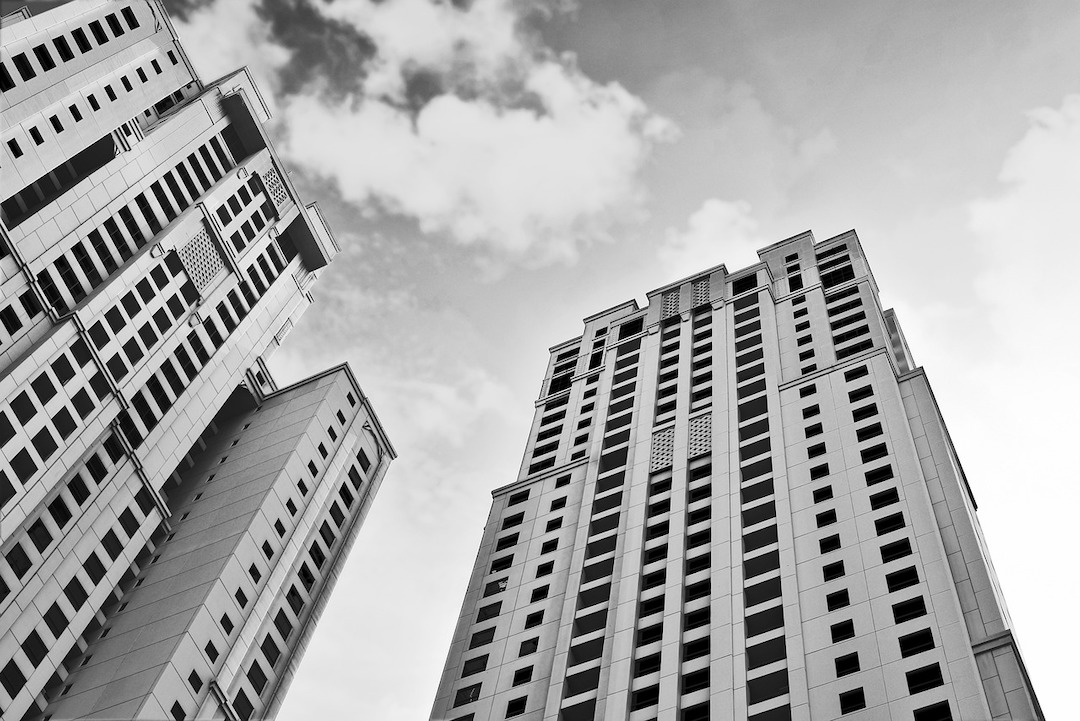The Insurance Institute for Business & Home Safety (IBHS) expanded FORTIFIED, a voluntary, beyond-code, resilient construction program, to include the multifamily sector. The standard is geared to homes built or retrofitted to perform better in severe weather, including powerful high winds and heavy rain from thunderstorms, derechos, hurricanes, and tornadoes.
IBHS says it will offer its FORTIFIED Home certification courses for free to nonprofit organizations building homes for families with low to moderate incomes. It will also eliminate the small administrative fee it collects to review and process FORTIFIED designations for single-family homes built by nonprofit organizations for families with low to moderate incomes.
In addition, IBHS will advance research-based affordable resilience solutions, including guidance on ways to make manufactured and modular homes more resilient through public policy initiatives. The organization will continue to collaborate with insurance companies, federal, state, local, and tribal entities, nonprofits, and others who build or have a shared interest in resilient homes and strengthened communities.
To achieve certification, builders and contractors must adhere to strict construction standards developed by IBHS to minimize damage from severe weather. Key resiliency features must be verified and documented by an independent, third-party evaluator.
Related Stories
| Mar 22, 2012
Bill would reintroduce “opt-out” provision in lead paint law
The Lead Exposure Reduction Amendments Act of 2012 (S2148) would restore the "Opt-Out" provision removed from the Environmental Protection Agency's Lead Renovate, Repair and Painting (LRRP) rule in April 2010.
| Mar 15, 2012
New Florida building code establishes flood and storm surge provisions
The new 2010 code establishes minimum design and construction requirements to protect buildings from wind, rain, floods, and storm surges.
| Mar 15, 2012
Illinois city rejects international code due to home sprinkler requirement
Macomb, Illinois aldermen voted to recommend that the city not adopt 2012 international building and residential code standards requiring the installation of overhead sprinkler systems in newly constructed one-family and two-family homes.
| Mar 15, 2012
Tenant advocates propose licensing landlords in New York City
With thousands of New York City rental units posing potential dangers to tenants, city advocates are proposing measures to make landlords improve building safety.
| Mar 15, 2012
Construction industry a big winner in federal small disadvantaged business procurement
Last year, only 5% of federal contract dollars went to small disadvantaged businesses. Construction and facilities support firms were the biggest beneficiaries.
| Mar 15, 2012
ANSI approves new fall protection standards
The American National Standards Institute (ANSI) has approved two American Society of Safety Engineers' (ASSE) standards addressing fall protection.
| Mar 8, 2012
Engineering innovation provides new option for meeting seismic codes in skyscrapers
Two University of Toronto engineers have developed “viscoelastic-energy-dissipating dampers” to replace many of the heavy concrete beams used in tall structures.
| Mar 8, 2012
CSI webinar on building code compliance March 22
A March 22 webinar will provide an overview of a 28-step process during the design of a building to ensure compliance with building codes.















